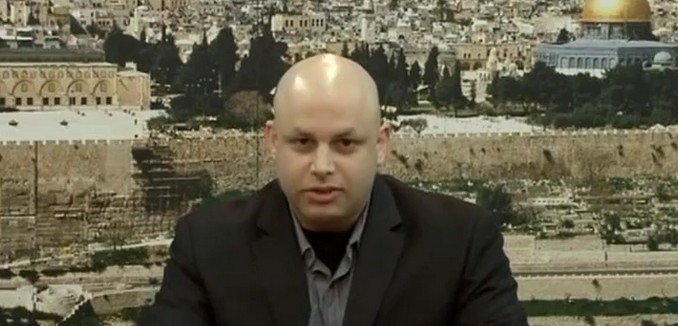The Israel Project (TIP) was praised for “doing a remarkable job in tracking the ups and downs” of the nuclear talks between the P5+1 nations and Iran by an editorial published by The New York Sun on Monday. The editorial quotes from e-mails from Omri Ceren, TIP’s managing director for press and strategy, in which he described the possible shape an agreement (or non-agreement) might take.
Mr. Ceren notes that the Iranians, in a briefing earlier today in Vienna, offered a sketch of “what military-related restrictions will be lifted” that is “in tension with how the Americans have been describing the deal.” Mr. Ceren reckons those differences “will have to be overcome, and they won’t be in the next few days.” He thinks there’s a “low probability” that the gaps “might still be too significant to even colorably announce a deal, and the parties would extend the interim agreement all the way through the summer.”
It’s Mr. Ceren’s estimate that such an option would be “more attractive to the Obama administration than taking another 2 or 3 weeks.” Writes he: “If the administration sends Congress a deal after July 9 then the Corker clock — how long a deal sits in front of Congress — goes from 30 days to 60 days. But if they get all the way through the summer, it goes back down to 30 days. The administration has obvious reasons to prefer that.” So Mr. Ceren figures that the most likely outcome this week will be a “non-agreement agreement.”
Under that oxymoron, the parties would “announce they’ve resolved all outstanding issues but they still have to fill in some details.” Here is how Mr. Ceren characterizes it: “The P5+1 and Iran would move in parallel to implement various commitments, and the Iranians would in particular have to work with the IAEA on its unresolved concerns regarding Iran’s weapons program.” He foresees, come winter, the IAEA providing “a face-saving way for the parties to declare Iran is cooperating” and a deal would “officially begin.”
According to Ceren, the administration could present an Iranian commitment to answer all of the International Atomic Energy Agency’s (IAEA) questions as fulfillment of its obligations to Congress. The problem with this scenario is that “after Congress votes, if the Iranians jam up the IAEA but demand relief anyway, lawmakers will have no leverage to stop the administration from caving.”
The details and assessment outlined in Ceren’s reporting, the editorial observes, illustrate “why these columns have, from the get-go, opposed the opening of these talks.”
The Israel Project publishes The Tower.
[Photo: RT / YouTube ]




